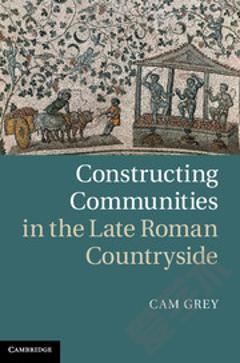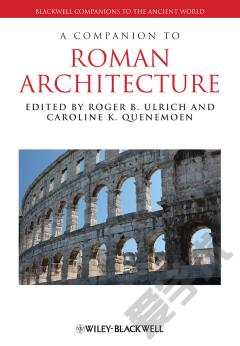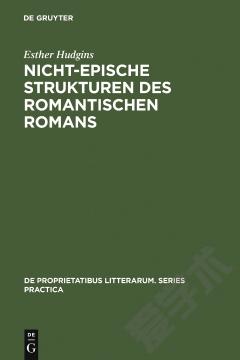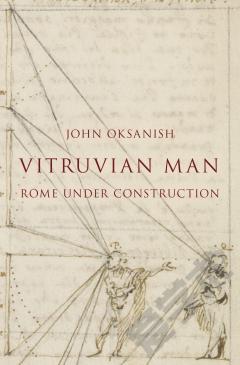Constructing Communities in the Late Roman Countryside
Introduction: studying rural communities in the Late Roman world 1. Constituting communities: peasants, families, households 2. What really matters: risk, reciprocity, and reputation 3. Small politics: making decisions, managing tension, mediating conflict 4. Power as a competitive exercise: potentates and communities 5. Resistance, negotiation, and indifference: communities and potentates 6. Creating communities: taxation and collective responsibility 7. Unintended consequences: taxation, power, and communal conflict Conclusions.
{{comment.content}}








 京公网安备 11010802027623号
京公网安备 11010802027623号